The following article was first run by The Globe and Mail on May 19, 2023.
The philosopher named Immanuel Kant said that “we can judge the heart of a man by his treatment of animals.” I wonder what he would have said about ChatGPT?
Over the past few months, ChatGPT – an interactive AI-powered chatbot – has exploded in popularity. Millions of us are now consulting ChatGPT every day, having conversations with this technological marvel. We need to think about how our conduct in these interactions reflects on our hearts, behaviors, and treatment of each other.
I’m inclined to believe that we need to be kind and polite. When ChatGPT devises the perfect email intro, congratulate it on a job well done. When it totally bungles that essay we need for tomorrow, at least show appreciation for the effort it made. When it rewrites the boss’s cranky email in baby talk, send it a “LOL” of gratitude. Extend it the courtesy we’d give a human – not because it is human—but because we are human, and we may very well inadvertently and unfortunately develop habits to treat humans the way we treat ChatGPT.
It will be a while before we really know if that kind of thing will happen. But there are two compelling reasons to believe that the way we message with ChatGPT will profoundly influence our communication patterns with partners, friends, kids, and colleagues.
First – there’s the interface. The way we interact with ChatGPT is virtually identical to the way we communicate with people every day: on a screen, with a small text box, viewing a scrolling window of dialog. The standard ChatGPT interface looks like WhatsApp, SMS, Apple Messages and every other messaging app. ChatGPT even generates little thought typing bubbles while it’s working up its response. By some measures, most of us “hang out” with our friends over two times more often through messaging and social media than in person. That’s a lot of time our closest human companions spend looking indistinguishable from ChatGPT. In the future, when we’re in the midst of a text conversation, will we remember whether there is an AI bot or a human on the other end?
Second, ChatGPT does a lot of stuff that looks and feels very human. That’s new. For example, I’ve never had a debate with Google’s search bar about the whether it’s moral for a bicyclist to follow street laws. I’ve never consulted Instagram’s recommendation algorithm for advice on how to plan a festive birthday party, confiding as we talk about my unspoken fear of blowing up party balloons. And I’ve certainly never expected Amazon to provide witty banter while we contemplated what style of cutting board I need in my kitchen. ChatGPT is deeply blurring the lines between what it means to connect with a machine and connect with a human. And that will prove to be profoundly confusing for the human mind.
As a parent, all this reminds me of the times the chaos of dinner-prep can lead to moments of overwhelmed-I’m-doing-too-many-things brain fog. It’s during these times that slip-ups can happen, such as accidentally referring to one of your children by the name of the family dog. It’s not a proud moment (sorry again, kids). But it happens – because the human mind gets distracted and confused. The human mind gets tired or stressed and takes shortcuts. And in those moments, the way we treat people – even those people we deeply care about - can reduce to the way we treat the family pet. I think that’s a big part of what Kant was getting at. When we witness someone mistreating an animal, there’s the recognition that, when that person isn’t at their best, they’ll treat other fellow humans, maybe even us, that way.
I’m both afraid and hopeful that we now have that opportunity with ChatGPT. I’m afraid that we will become meaner to each other. I’m hopeful that this technology can help us become kinder. What’s certain is that, with millions of us using it now, ChatGPT is not going away and it’s going to change the world in unforeseen ways. This powerful new technology isn’t just a conversational Google search bar. Or perhaps it is. But if we embrace that way of thinking about it, then we do so at great peril. We’ve never interacted with other humans the way we interact with a search engine, typing short phrases largely devoid of context. But most of us spend lots of time every day interacting with people the way that we interact with ChatGPT.
We can practice humanity and compassion in these interactions with ChatGPT so that we bring more of it into the moments of human connection we have. Or we can practice impatience and ungratefulness, and bring more of that into the world. The choice is ours and we make it every time we type something to ChatGPT.


